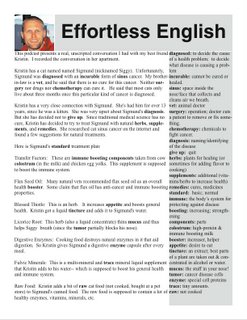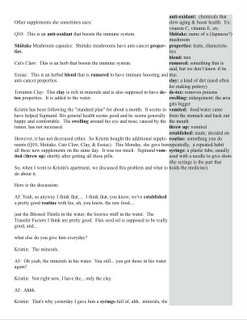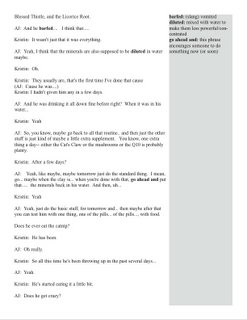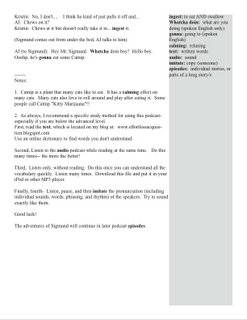The Math of English Learning
Listen To This Podcast Article
Let's do some math. Let's compare the cost and efficiency of attending a typical English school, with the cost and efficiency of supported self-study.
Most semi-intensive schools in San Francisco charge between 400-1000 dollars a month, for about 16 hours of classes per week. Let's say the average is about 500/month.
For 500 dollars a month, you get a class with 8-20 people in it-- or possibly more. Some of the learners in the class are serious and motivated, some are only a little motivated, and many are not motivated at all.
Also, some students will be above your level, and some will be below your level.
At the typical English school, the teacher will use an eclectic mix of grammar analysis, textbook based explanations, textbook drills, dialogue formulas, and contrived "communication activities". Much time will be spent discussing, debating, explaining, and questioning linguistic jargon such as "transitive vs. intransitive verbs", "countable and uncountable nouns", complex rules for using "definite and indefinite articles", verb tenses such as "the past progressive, the present perfect, and the past perfect progressive".
You'll spend hours disecting incredibly complex explanations for such simple phrases as "listen to the music", or "hear a sound", or "that's a lot of information", etc.
You'll waste a lot of time. You'll waste time while the teacher takes attendance. You'll waste time while students come in late. You'll waste time while the teacher explains something to another student that you already understand. You'll waste time taking exams. And you'll waste tremendous time on super-complicated explanations that you will quickly forget.
For all of this, you pay 500 dollars a month or more.
As an independent learner, you can do VERY well spending only 100 dollars a month, and can succeed paying half that much.
For 48 dollars, you could learn English with The Linguist. With The Linguist, you could chat with native speakers, and learners all over the world, using Skype. You would have access to a huge audio and text library. You would be able to use the Linguist system to find the meaning of new words, save them in a personal database, and review them. You could submit writing samples and have them corrected by a native speaker.
With your remaining 52 dollars, you could buy study guides, audio books, English magazines, English audio magazines, books, tapes, etc. every month. In other words, you could build a library of REAL English materials- not textbooks.
Not only would you have tremendous resources, for only 100 dollars a month, you'd also save a lot of time. Independent study is much more efficient. You choose exactly what YOU want to read and listen to. You choose when you want to study. You waste no time on lengthy and complicated (and, in my opinion, useless) linguistic explanations- instead concentrating on the real, living language itself.
You don't have to wait while other students get explanations. You don't have to feel frustrated by rushing ahead too fast. You set your own pace.
It is my belief- a belief shared by Steve Kaufman (of The Linguist)- that one hour of intensive independent study is equal to four hours of classroom instruction.
You will make the same progress by studying one hour a day on your own, if you use effective methods, as you will sitting in a typical English class for four hours.
Thus, the independent learner pays much less, spends much less time, uses more interesting materials, generally has more fun, and learns more quickly than the student who is stuck in a typical English classroom.
If you are serious about wanting to learn (or improve) English, supported independent study is the best way to do it!
Get Learning Guides For Each Podcast.
100 Real English conversations a year, with study guides, for only $9.99/month!











